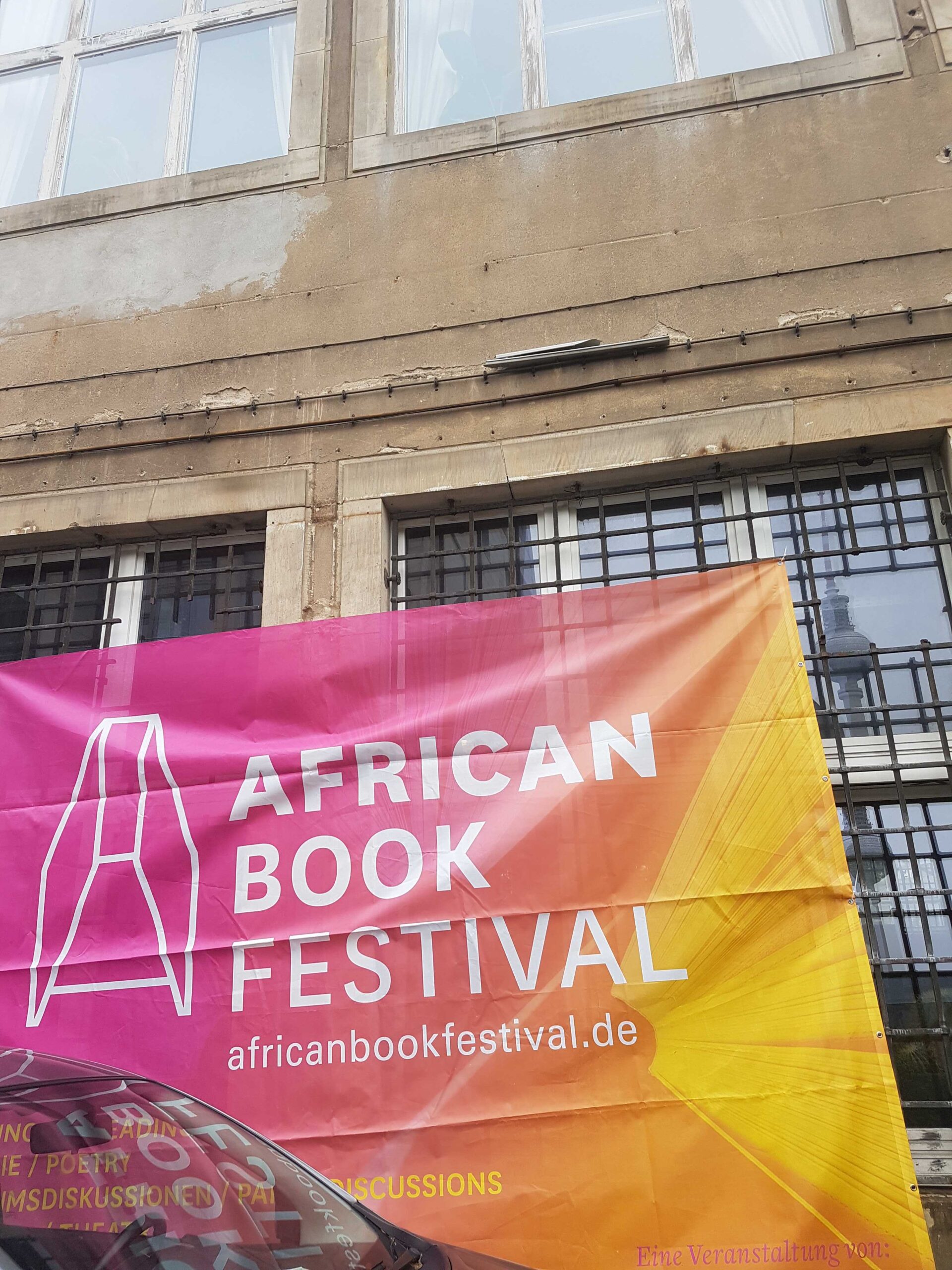
“African Authors in Markets” – a panel discussion
You write your novel. Its literary genius is immediately recognized. It gets picked up by a renowned publisher and boom: you’re famous for being the excellent writer you are. That’s how it works, right? Many of us who love literature might like to think of it as untethered from the mundane aspects of the real world, but books emerge and circulate in a literary market much like other markets, and literary value – however one might define it – is definitely not the sole determinant of what gets a book published and read.
The Brittle Paper Special panel discussion on “African Authors in Markets” that took place at InterKontinental’s wonderful African Book Festival this past weekend at the Alte Münze in Berlin, engaged with precisely these issues. Moderated by Brittle Paper’s own Ainehi Edoro-Glines, the conversation was enriched by the insights of a wonderful array of speakers: editor and publisher Margaret Busby, writers Niq Mhlongo and Jennifer Nansubuga Makumbi (find our review of her The First Woman here), and editor and translator Hans Balmes.
A lot of the time, it would seem that getting a book published and receiving the attention it deserves is a question of good or bad luck. South African writer Mhlongo, whose work is the most translated into European languages of any of the writers present at the book festival this year, was able to tell a story of one lucky turn after another – having published his first novel Dog Eat Dog at a moment when international interest in South African writing was primed for a new star to emerge. Makumbi, by contrast, received rejection after rejection for her debut novel Kintu, and had to fight for years to gain the success and visibility her work now enjoys.
Makumbi’s is not a unique experience, and whether a book gets picked up comes down, to a great extent, to its marketability. However good an editor might find a submission, if the marketing department decrees there is no market for it, chances are high it won’t get published. One of the problems with how this works, as the panel discussed, is the overdetermining role played by US and UK publishers (at least in the Anglophone sphere) in deciding and setting the trends in what is deemed marketable.
Decentering these publishing nodes can allow different voices doing interesting new literary things – not yet recognized as marketable – to find their stage. This is why publications like the online Brittle Paper, and InterKontinental’s freshly launched publisher, are so exciting: they animate the potential for reaching and creating alternative markets, and circulating writing that is not being recognized by the established routes. At poco.lit., this is something we’re looking forward to seeing develop over the coming years.
